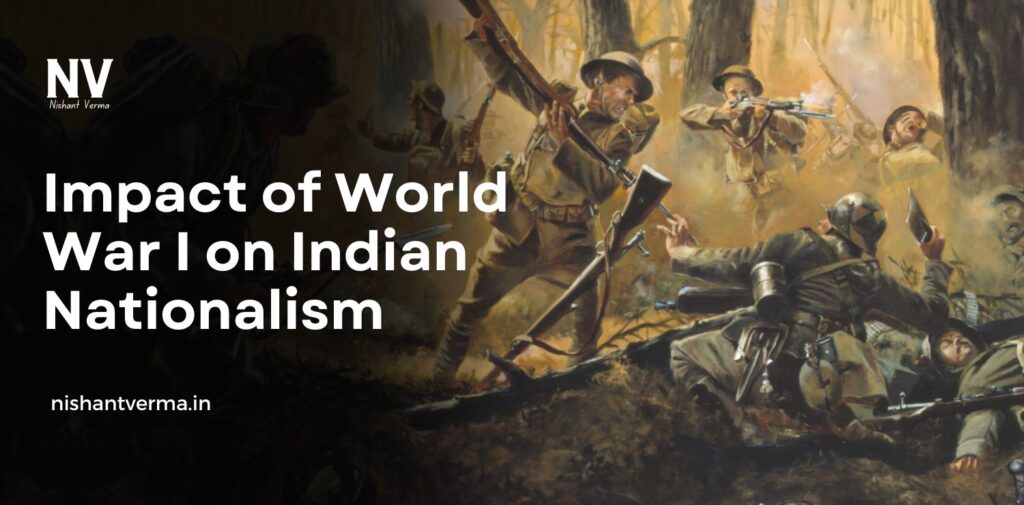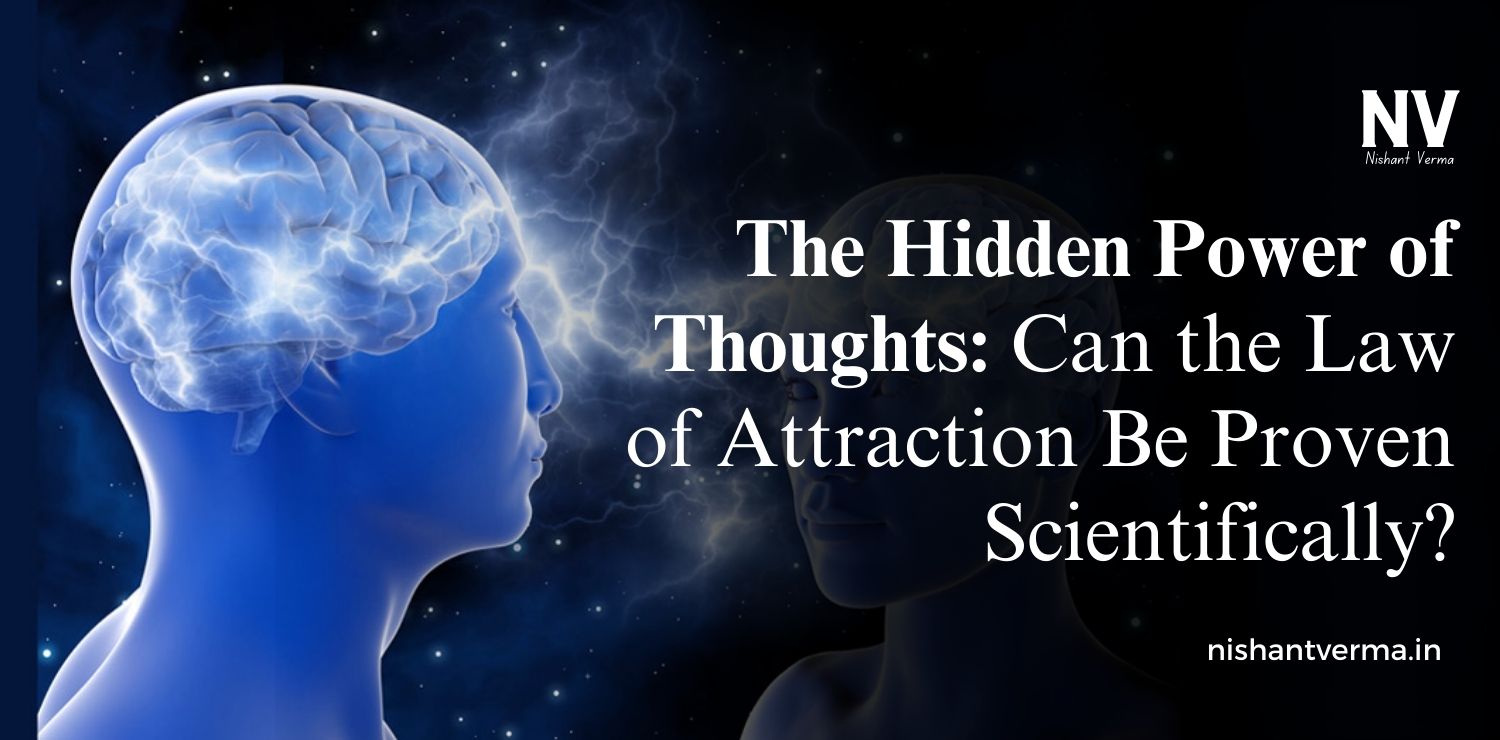World War I, which lasted from 1914 to 1918, had a profound impact on countries across the world. India, which was under British colonial rule at the time, was no exception. Though the war was fought far away in Europe and other parts of the world, it significantly influenced Indian politics, society, and the independence movement. The war not only brought India into the global spotlight but also changed the way many Indians viewed British rule, sparking new forms of nationalism and calls for independence.
This article explores the Impact of World War I on Indian Nationalism, leading to a shift in political attitudes and laying the groundwork for future movements that eventually led to India’s independence.
India’s Role in World War I
At the time of World War I, India was a part of the British Empire, and the British government used Indian resources and manpower in the war effort. Over 1 million Indian soldiers were sent to fight on various fronts, including Europe, Africa, and the Middle East. In addition, India contributed large quantities of food, supplies, and financial resources to support Britain’s war efforts.
The Indian Army fought alongside British forces in important battles, and many soldiers lost their lives. The British government promised that if India supported Britain during the war, it would reward the country with greater political autonomy after the war’s conclusion. This promise, however, was not kept, leading to widespread disillusionment among Indians.
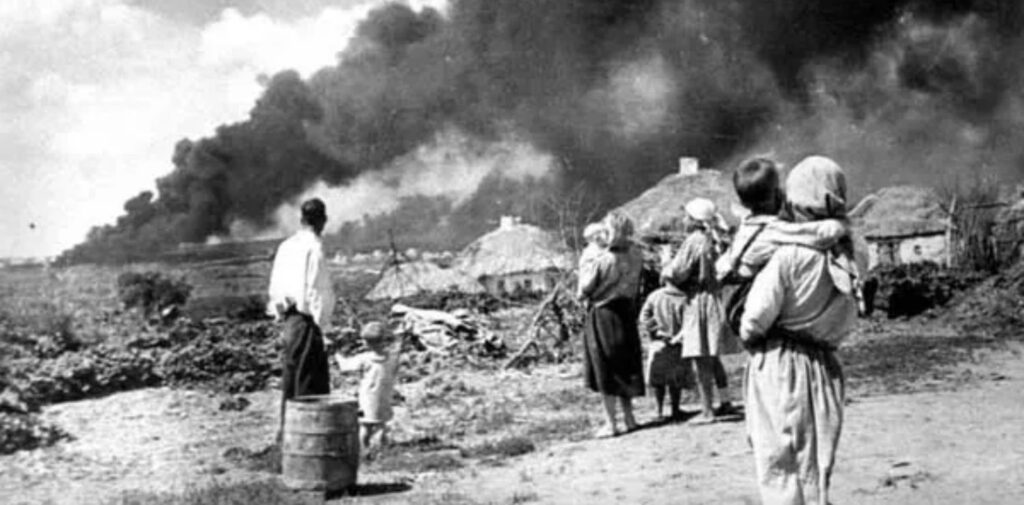
The War’s Impact on Indian Society
- Increased Political Awareness: Before the war, India’s political landscape was dominated by the Indian National Congress (INC) and a few other regional political groups. However, World War I had a major influence on political thinking in India. As millions of Indians became directly involved in the war effort, there was a growing sense of solidarity and unity among people from different regions and communities. The contributions of Indian soldiers and the sacrifices made by Indian families in supporting the war effort led to a sense of pride and raised awareness about India’s role in global affairs. More Indians began to realize that their contributions to the British war machine should be recognized with greater self-rule. This feeling of national pride laid the groundwork for the growth of Indian nationalism.
- Economic Hardships: While the British Empire was benefiting from the war, many ordinary Indians faced significant economic hardships. The war caused a shortage of goods and resources, leading to rising prices. The British government also imposed heavy taxes to fund the war effort, which worsened the living conditions of common people. Farmers faced crop failures due to the shifting of resources to the war, and many rural workers suffered from poverty. The economic struggles fueled resentment against British colonial rule, as Indians began to question why they were being forced to bear the burden of a war that did not directly concern them. This growing discontent pushed people to demand more political rights and reforms.
- Social Unrest: In the wake of the war, the social fabric of India began to change. The suffering of the common people, coupled with the hopes of gaining political freedom, created a volatile atmosphere. The Indian National Congress (INC) became more vocal in its demands for self-rule, and more people joined political movements calling for change. At the same time, the war led to the growth of revolutionary movements. Discontent with British rule inspired young Indians to take radical steps toward achieving independence. Groups like the Ghadar Party, led by revolutionary leaders, began to organize and promote armed resistance against British rule. These movements started to gain momentum, as many Indians believed that peaceful methods were no longer sufficient to secure their freedom.
The British Response to India’s Contribution
In the aftermath of the war, the British government failed to meet the promises it had made to Indians in exchange for their support. Despite the significant contributions of Indian soldiers and resources, Britain did not grant India the expected political reforms. This betrayal further fueled Indian dissatisfaction with British rule.
The British government did introduce some limited reforms through the Montagu-Chelmsford Reforms of 1919, which created a system of dyarchy (a dual system of governance) in some provinces. However, these reforms were seen as inadequate and failed to give India true self-rule. The Indian National Congress, under the leadership of Gopal Krishna Gokhale, Dadabhai Naoroji, and others, expressed its disappointment with the British response and demanded full self-government.
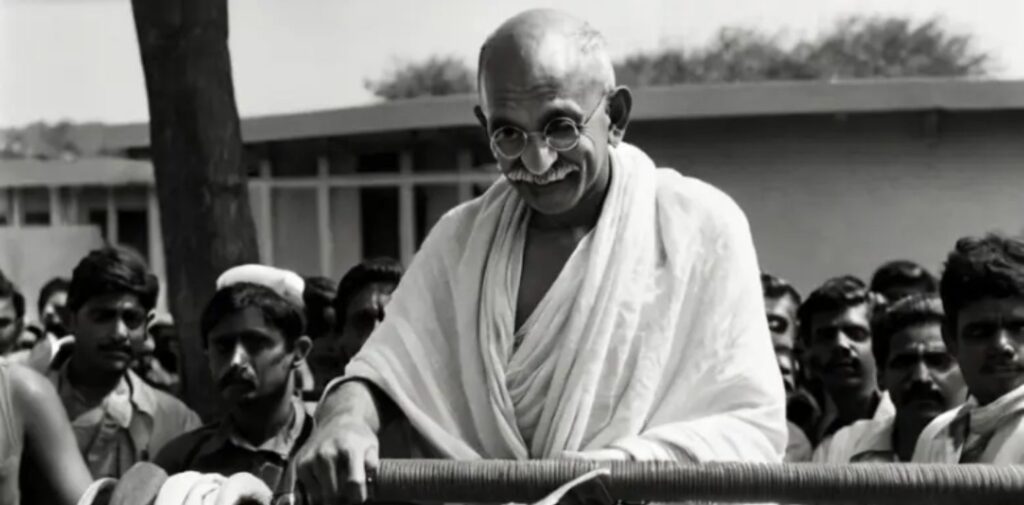
The Rise of Mahatma Gandhi’s Leadership
While the war was devastating, it also had a transformative effect on the leadership of the Indian independence movement. After the war, Mahatma Gandhi emerged as a central figure in the nationalist struggle. Gandhi had spent several years in South Africa, where he had been involved in the civil rights movement for the Indian community there. He returned to India in 1915, and World War I played a key role in shaping his approach to the independence struggle.
Gandhi understood that the British response to India’s contribution during the war was a key turning point. He recognized that the war had left many Indians disillusioned with British promises. Gandhi’s philosophy of non-violence (ahimsa) and civil disobedience resonated with the growing desire for independence and self-rule.
In 1919, after the war, Gandhi launched his first major campaign of non-cooperation against the British government, which became known as the Non-Cooperation Movement. This movement called for Indians to boycott British goods, refuse to pay taxes, and withdraw from British institutions. The Non-Cooperation Movement marked a significant shift in the nature of the independence struggle, as it was based on mass participation and peaceful resistance rather than violent uprisings.
Gandhi’s ability to unite the Indian people across different regions, religions, and social classes was a direct result of the growing sense of nationalism that had been ignited during World War I. His message of non-violent resistance resonated with a large section of the population that had grown tired of British oppression and broken promises.
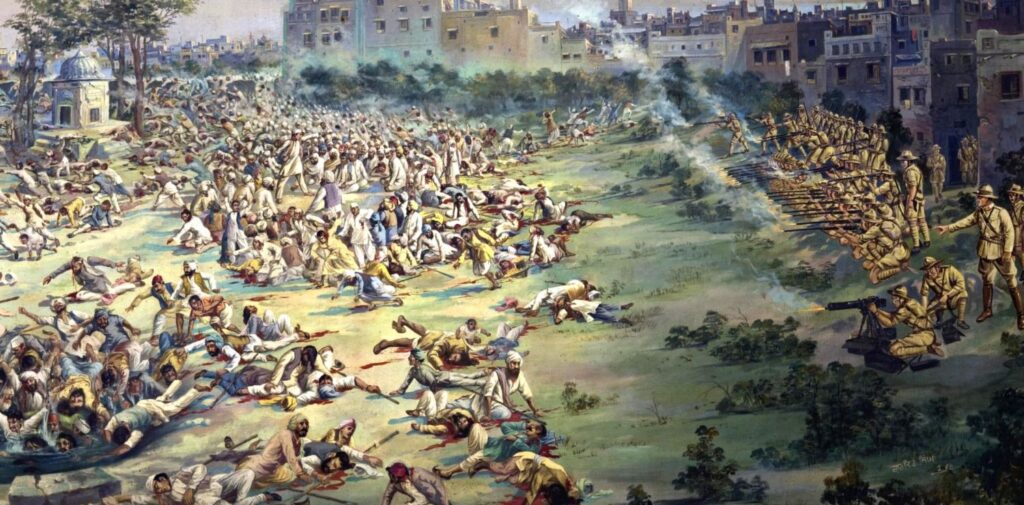
The Jallianwala Bagh Massacre (1919)
One of the most significant events that occurred in the aftermath of World War I was the Jallianwala Bagh massacre in 1919. British General Reginald Dyer ordered the killing of hundreds of unarmed Indians who had gathered at Jallianwala Bagh in Amritsar to peacefully protest the repressive laws imposed by the British. The massacre shocked the Indian public and intensified the nationalist movement.
The Jallianwala Bagh massacre had a profound impact on India’s struggle for independence. It united people from all walks of life in their anger against the British government. The brutal repression of peaceful protesters highlighted the deep injustice of British rule and galvanized many Indians to join the fight for freedom.
Conclusion: Impact of World War I
World War I had a lasting impact on Indian nationalism. It helped awaken a sense of political awareness and unity among Indians, who began to demand their right to self-rule. The sacrifices made during the war, the economic hardships faced by the common people, and the failure of the British government to honor its promises all contributed to a growing desire for independence.
The war also marked the emergence of new political strategies, with leaders like Mahatma Gandhi advocating for non-violent resistance and civil disobedience. The Jallianwala Bagh massacre further fueled anger against British rule, and India’s growing nationalist sentiment became impossible for the British to ignore.
Though India would have to endure several more years of struggle before achieving independence in 1947, World War I was undoubtedly a turning point in the country’s quest for freedom. The war created the conditions for a more organized, united, and determined independence movement, one that would eventually succeed in breaking free from British colonial rule.

